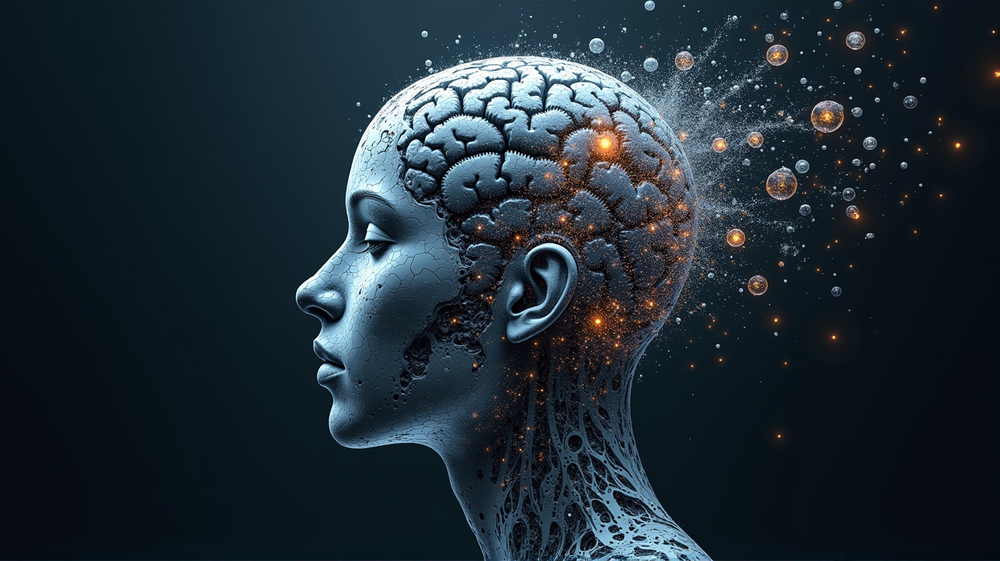The Efficiency Trap: Are AI Tools Making Us Less Human?
In a world of endless to-do lists and unyielding demands, the fantasy of reaching an ‘empty’ slate to pursue deeper interests seems a distant dream. The allure of technology promises new horizons, but is productivity really the panacea we imagine? We dive into these complexities in a recent conversation with author Oliver Burkeman, whose work challenges us to rethink how we measure accomplishment and meaning in the age of AI.
The Promise of an Empty Slate
The contemporary world often seduces us with the prospect of pristine to-do lists. However, as Oliver Burkeman elucidates in his book Meditations for Mortals, the notion of a day when all mundane tasks are complete is an illusion. Burkeman argues that for our finite existence, embracing our temporal limitations is crucial to finding genuine satisfaction now, before it’s too late.
Unmasking the Efficiency Trap
Burkeman warns against technology’s seductive promises of unprecedented efficiency. Tools like ChatGPT, purported to revolutionize productivity, often derail us, leading not to enlightenment but deeper inertia—a cycle he terms the “efficiency trap.” Instead of finding time to chase personal dreams, we find ourselves shackled to more work.
A Candid Podcast Dialogue
In a riveting episode of the Behavioral Design Podcast, Burkeman discusses the real and imagined benefits of AI tools. Together with hosts Aline Holzwarth and Samuel Salzer, he explores the wider implications of tech advancements, revealing the stark contrast between increased productivity and less tangible human interactions.
Real People, Real Stories
Anecdotally, the narrative of doctors gaining time through AI-driven note-taking systems circles back to increased workloads, rather than the serene evenings once promised. These human stories reflect capitalism’s relentless churn: time saved is time reallocating new tasks, a truth even AI can’t circumvent.
The Relational Value of the Human Touch
As the conversation shifts to literature and creativity, Burkeman shares insights into the emotive value of human-written narratives. AI mimicking such artistry lacks the intrinsic human connection readers crave from authors like Jane Austen. The relational bond between conscious beings endows art with depth, something machines can’t replicate.
Embracing Our Present
Finally, Burkeman and Holzwarth emphasize the importance of living fully in the now. As Burkeman evocatively states, this very moment, despite its imperfections, constitutes real life. The future is but a vision, our presence, ephemeral, and appreciating ‘now’ is the key to harmonizing ambition with contentment.
The journey to understanding AI and productivity in our finite existence is layered in nuanced contradictions, inviting us to rethink what it truly means to get things done.
For a broader exploration and enriching perspectives, tune into the full podcast conversation: According to Behavioral Scientist.




